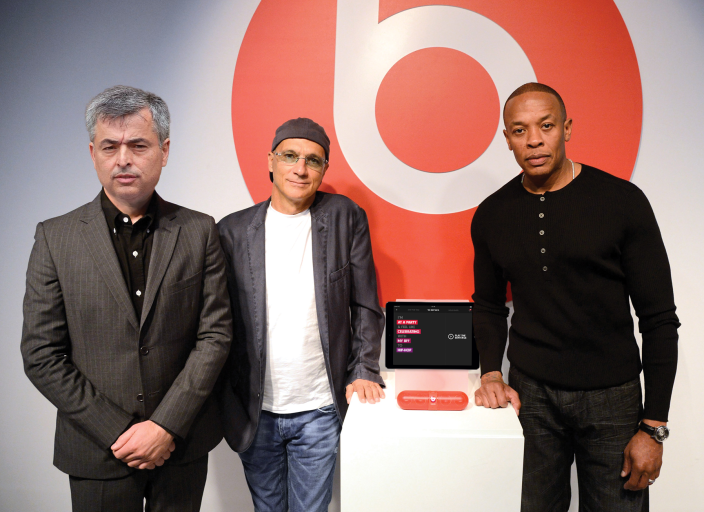Welcome the newest competitor to the battle for messaging app domination: Apple. This week the company announced a souped up version of iMessage that lifts a number of key features from Snapchat and WhatsApp like ephemeral messaging, and photo, video, and audio sharing. There are three reasons the new product is unlikely to be a real threat to the big players in the space:
1. You can use the platform to interact with other iPhone users, but you need to use another service to chat with Android and Blackberry friends.
2. There’s no compelling product innovation to lure people away from their current go-to messaging apps.
3. Apple is unlikely to steal market share from Snapchat since the two platforms appeal to different demographics. WhatsApp is a more likely target, but it has a huge head start on Apple that’s hard to overcome.
If Apple really wants to shake up the messaging space, it has one big potential advantage and differentiator– Beats. Apps like Tango have partnered with Spotify to deliver music clip sharing, and Kik has partnered with One Direction and apps like Rithm to connect with teens and acquire new users. Music will be a key battleground in this space because people love to share it, and Apple is in the position to create a deeper music sharing experience than the competition with Beats in its arsenal.
No messaging app has corralled the entire music industry yet, but it’s only a matter of time before artist pages on these platforms are as ubiquitous as artist pages on traditional social media. Among messaging app owners, Apple is in the best position to get the music industry to embrace its products– iMessage included– since the industry already depends on iTunes.
Every label and artist wants its record featured in the iTunes app store, and Apple has premiered an impressive number of major records in the last two years including releases from Coldplay, Vampire Weekend, The Black Keys, and The National. If Apple gives Beats and individual artists a chance to connect with users through iMessage, the music industry could play an active role in bringing its audience to the platform.
For now Apple’s messaging app approach has positioned it as a follower, but with the tools at its disposable it could easily transform into a messaging app leader. It better move fast, though, because the competition already has a serious head start.

